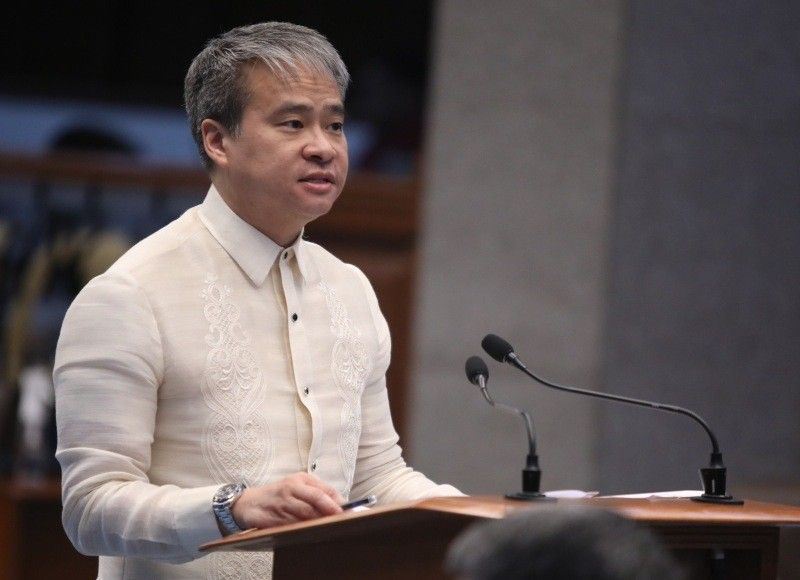MANILA, Philippines — The Office of the Ombudsman has withdrawn its plan to enforce the 2016 dismissal order against Senator Joel Villanueva, after it was revealed that the order had been quietly reversed several years ago — a development that has sparked questions about transparency and communication within the government’s top anti-graft body.
In a statement released this week, Ombudsman Jesus Crispin Remulla confirmed that his office would no longer push for the enforcement of the previous dismissal after discovering that the case had already been resolved in Villanueva’s favor in 2019. The reversal, however, was never publicly announced and only came to light this month.
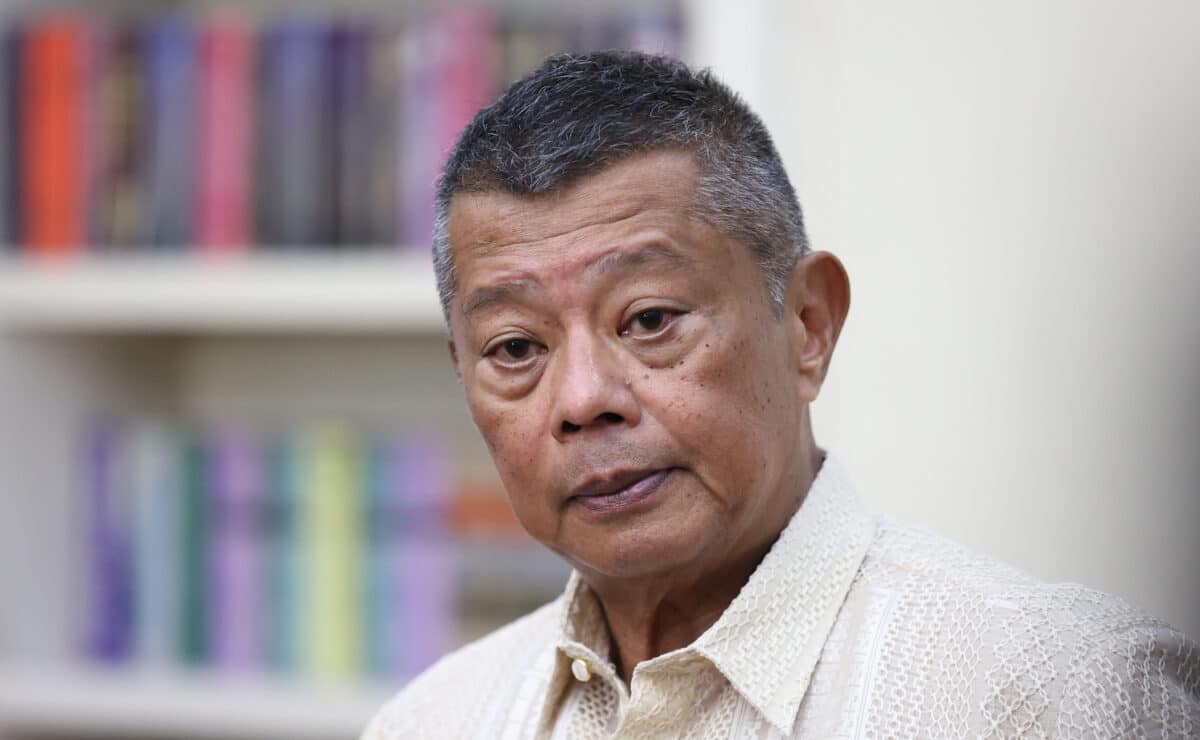
Remulla said the Ombudsman’s office had initially been preparing to send a formal letter to Senate President Vicente “Tito” Sotto III to implement the 2016 order when they found out about the reversal. “I was surprised that such a decision existed,” Remulla admitted, referring to what he described as a ‘secret order’ issued by former Ombudsman Samuel Martires during his tenure.
The 2016 Dismissal Order
The controversy traces back to 2016, when then-Ombudsman Conchita Carpio Morales ordered Villanueva’s dismissal from government service over allegations of misuse of ₱10 million from his Priority Development Assistance Fund (PDAF) in 2008. At the time, Villanueva was serving as a representative of the Citizens’ Battle Against Corruption (CIBAC) party-list in the House of Representatives.
Morales found him administratively liable for serious dishonesty, grave misconduct, and falsification of public documents, resulting in his dismissal, the forfeiture of his benefits, and a perpetual disqualification from holding public office.
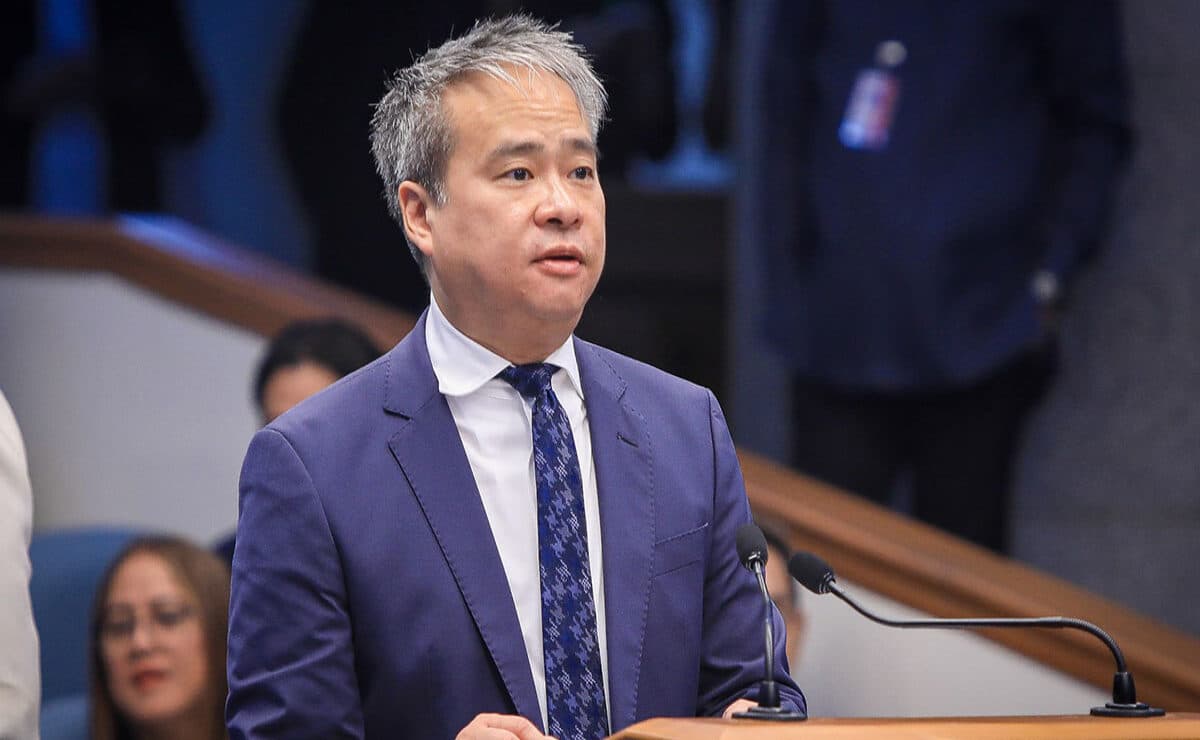
Villanueva, however, maintained his innocence, calling the charges baseless and politically motivated. He said the documents used to implicate him were forged, and that the allegations were part of a continuing effort to tarnish his reputation.
“It’s clear harassment,” Villanueva said in a statement after the issue resurfaced. “I have long moved forward from this. What’s important is that the truth has prevailed.”
The ‘Secret’ 2019 Reversal
According to reports from Rappler and ABS-CBN News, the Ombudsman discovered that Villanueva’s motion for reconsideration had been granted in July 2019, effectively clearing him of the administrative charges and overturning the earlier dismissal.
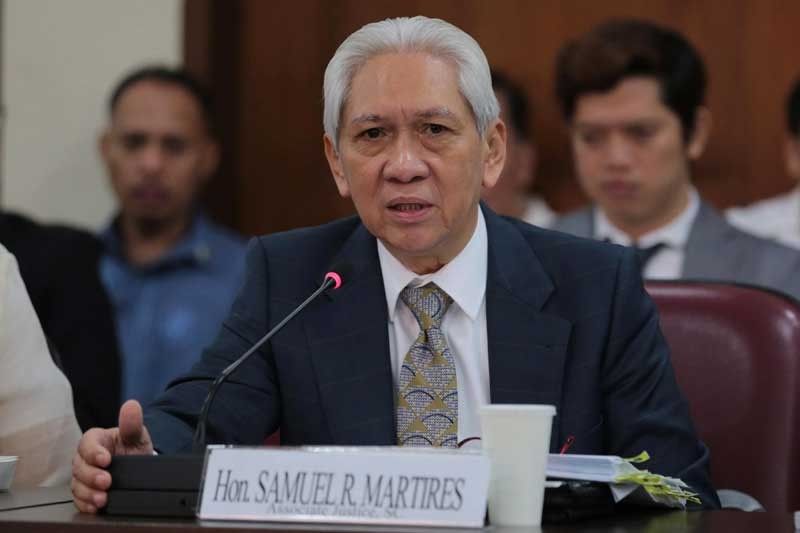
The decision, signed by then-Ombudsman Samuel Martires, was not made public and was reportedly filed in internal records without announcement — leaving even the Senate and the current Ombudsman unaware of its existence.
Remulla admitted that the discovery of the “secret” reversal raised questions within his office about why such a significant resolution was not publicly disclosed. “We will need to revisit how these decisions are communicated,” he said, adding that transparency should always be upheld, especially in high-profile cases involving public officials.
Case Dropped, Senator Cleared
With the reversal confirmed, Remulla said there was no more legal basis to enforce the 2016 dismissal order. “The matter is now moot. The reversal nullified the previous decision,” he stated.
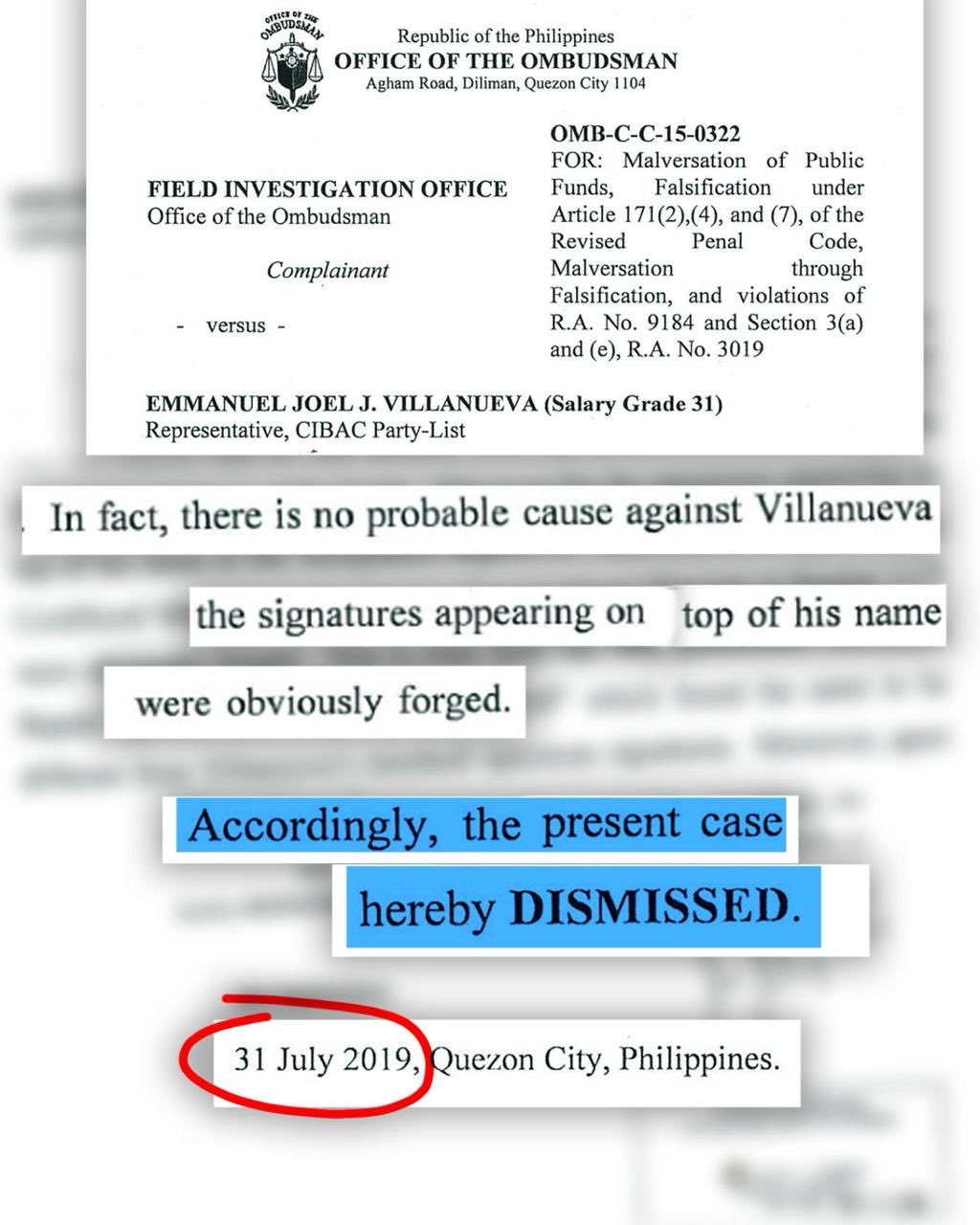
Villanueva, for his part, expressed gratitude that the truth had finally come out. He also presented certification from the Office of the Ombudsman dated September 9, 2025, confirming that he currently has no pending administrative or criminal cases before the agency.
“I have always trusted that in time, the truth would surface. I’m thankful to everyone who believed in me and to the institutions that upheld fairness,” he said.
Questions on Transparency
The revelation of the “secret” 2019 decision has drawn attention from legal experts and watchdog groups, who called for clearer protocols on how the Ombudsman communicates case resolutions. Critics argue that withholding such information — even unintentionally — undermines public trust and creates confusion within government offices tasked with upholding accountability.

As of now, the Senate has not taken further action regarding the matter, pending formal correspondence from the Ombudsman. The issue, however, has reignited public discussion on the importance of transparency, accountability, and communication within one of the country’s most powerful anti-corruption bodies.
For Senator Villanueva, the outcome is a long-overdue vindication. “The truth will always prevail,” he said. “And in the end, no amount of harassment can dim that.”
